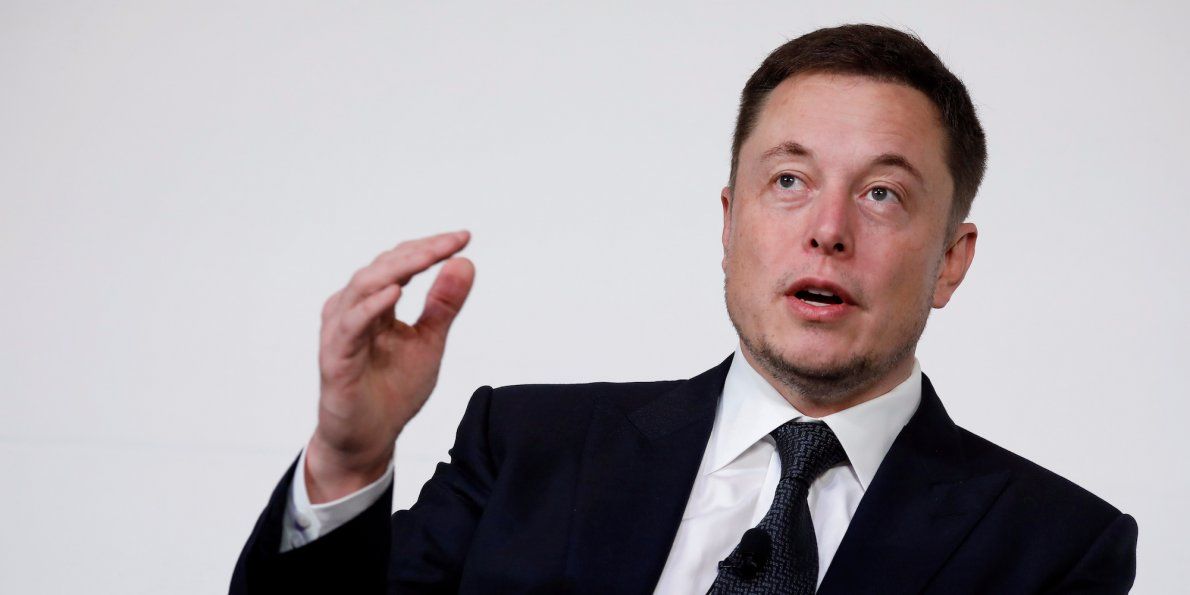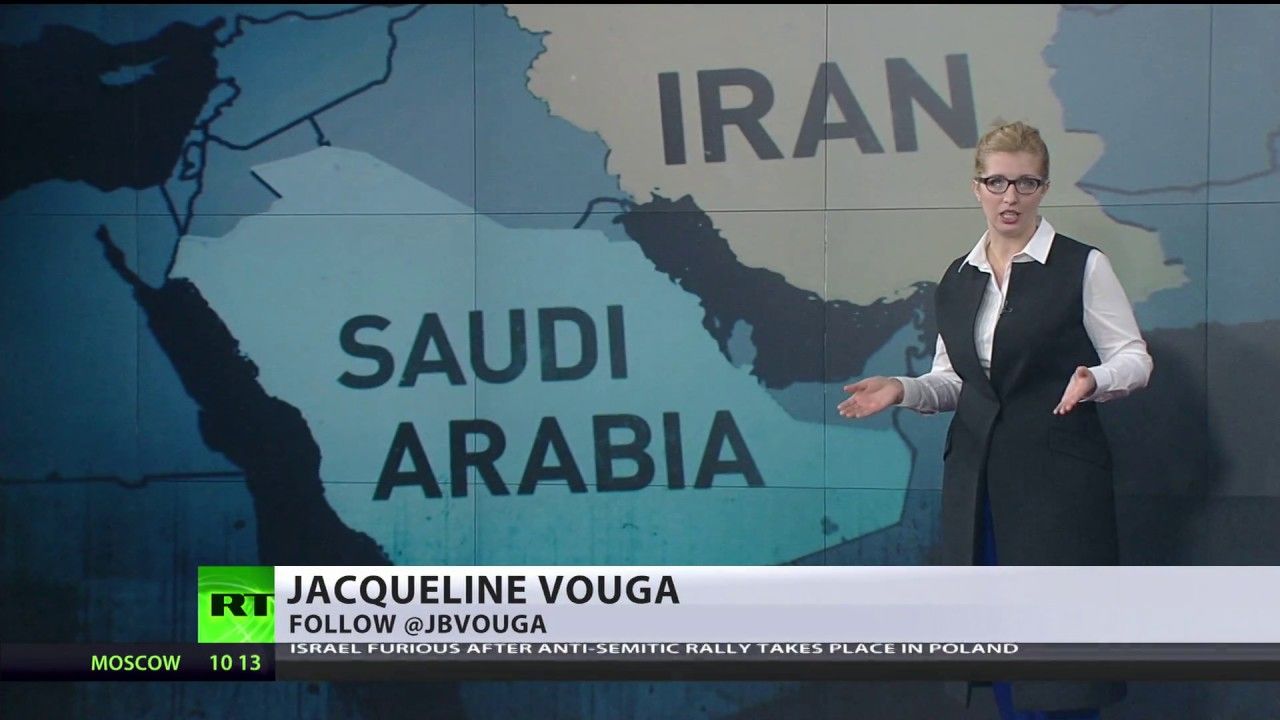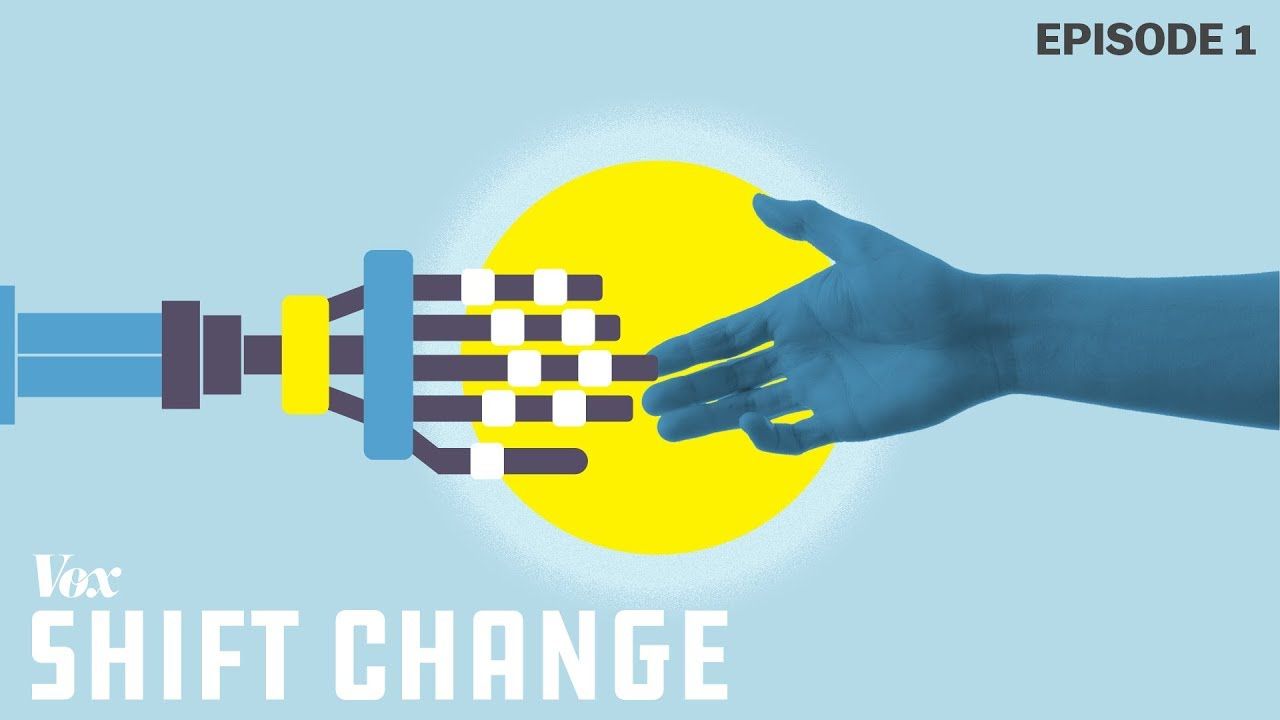In this new Business Insider article, my ideas on peak labor and Universal Basic Income are pitted against MIT scientist Andrew McAfee. I’m excited to see my government shrinking Federal Land Dividend proposal getting out there. Story by journalist Dylan Love: http://www.businessinsider.com/will-universal-basic-income-save-us-from-job-stealing-robots-2017-11?r=UK&IR=T #transhumanism #libertarian
Does free money change nothing or everything?
Universal basic income (UBI) is the hottest idea in social security since Franklin Roosevelt signed the New Deal in 1935, and it is fairly understood as free money given to citizens by their government. Though the idea traces its roots back to the 16th century as a “cure for theft,” UBI has gained new consideration and momentum these days, as high-profile techno-doomsayers like SpaceX founder Elon Musk point to it as an economic solution for big problems predicted to arrive soon.
The future is coming, Musk and his ilk warn, and it’s bringing increased automation and intelligent technologies with it that will eventually overtake the human capacity for work. All-capable robots will cause widespread human unemployment, goes the thinking, plaguing our income and livelihood for generations.
If the “robots are stealing jobs” on the level that the party line portends, then UBI presents itself as a compelling solution to this unusual, hypothetical problem. There’s already some real-world precedent for it: a UBI pilot program in Finland sees the government send a small amount of money to 2,000 unemployed Finns each month, and the initial results are quite positive.








